Communication is mostly just a fancy word for talking.
Yes, it can involve articles and pictures in the papers, and newsletters in the post, but a conversation between people is the ultimate means of sharing information and making sure everyone understands the message.
We see miscommunication causing unnecessary problems around the yard every day.
I had purchased 16 reared calves. Good solid stock, bought from a genuine source
“I thought you said 30ft, not 30 yards,” says the young lad when he’s told he didn’t shift the electric fence far enough and now the cows are roaring. A contractor spreads fertiliser in the wrong field and then says into the phone, “But sure, you said the second three-corner field on the right.”
For someone whose off-farm job involves lots of communication, I brought trouble on myself last week by not talking enough.
I had purchased 16 reared calves. Good solid stock, bought from a genuine source who was very transparent regarding the price. It was my first time buying animals at that age and I should have asked if they were properly weaned.
I spent two days chasing them as they ran through electric and sheep fences
They were old enough to be off milk but too late I discovered that they hadn’t been weaned off it. If I had asked and understood the difference, then I could have managed them better when they arrived. Instead, I spent two days chasing them as they ran through electric and sheep fences alike, roared night and day, and looked at calf ration as if it was something only crows should eat.
They have since settled down and I have learnt another lesson.
Axe to grind
Whatever we call it, communication is key. Farmers, or to be more precise, our farm leaders need to be excellent communicators.
It is well-documented that we haven’t got our story across to consumers and this gap has allowed all sorts of misinformation about what we do into the public arena.
Taking aim at the easiest target, the farmer on the ground, they have accused us of all sorts
Some commentators who seem to have an axe to grind with modern food production, and perhaps the modern world in general, have really exploited this.
Taking aim at the easiest target, the farmer on the ground, they have accused us of all sorts with no one to challenge their sensationalist claims.
Explaining modern farming methods can be boring, especially when put against the catchy soundbites and headlines coming from certain quarters.
Our farms have a decent story to tell
But that is the playing field we are on when it comes to the broadcast media of TV and radio. Our farms have a decent story to tell, so our farm leaders have good content to work with. But they need to be able to tell those stories in an engaging, conversationalist way.
Their job is not to be technocrats who know all the ins and outs of every farm sector. That is what their advisers and committees are for. It might not be a fair ask, but being able to smile at and charm TV/radio presenters is now a prerequisite to advance any public-facing policy position.
All problems, be they political, social, or farming-related, stem from a lack of communication.
To connect with consumers again, farmers need to be singers not shouters, more X Factor and less Saturday fight night.




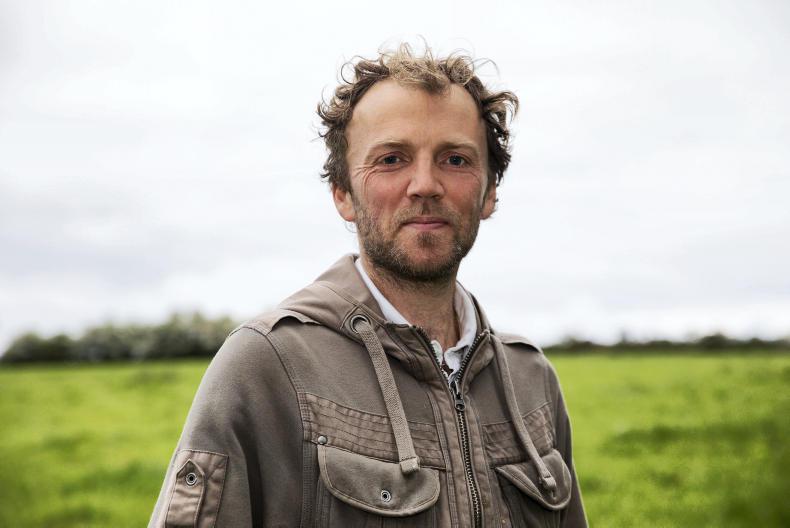
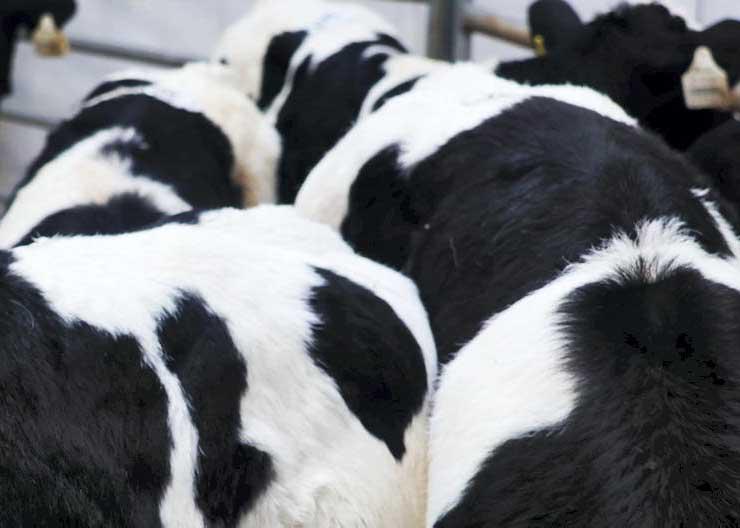

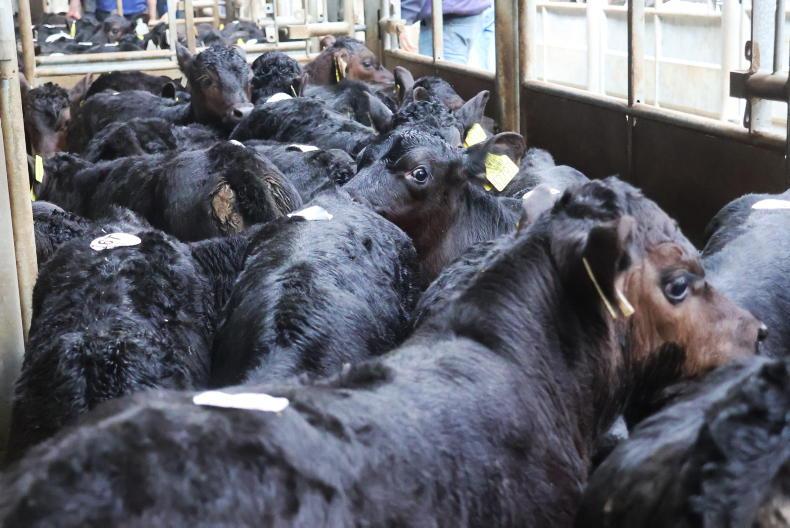
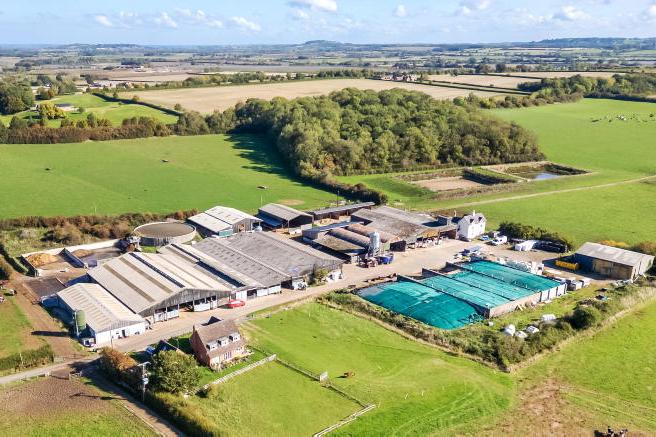
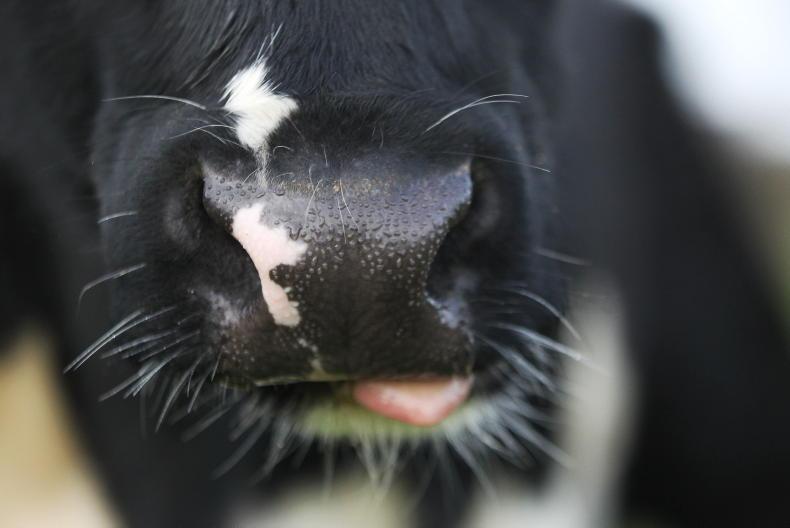
SHARING OPTIONS